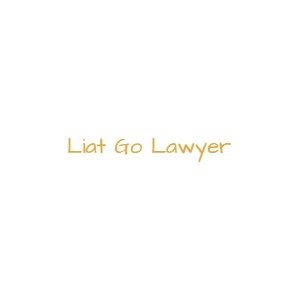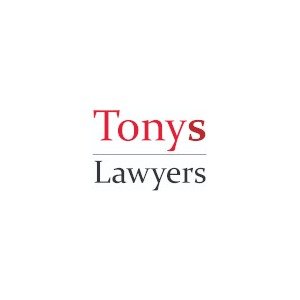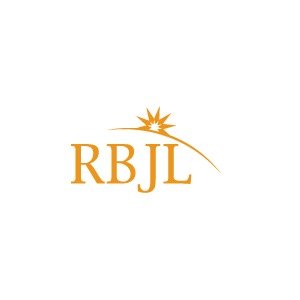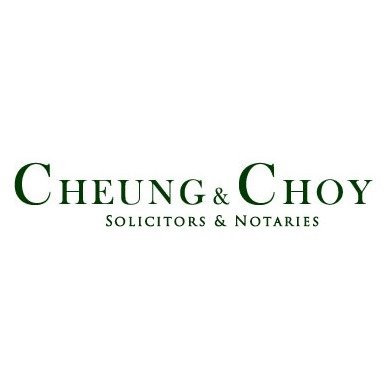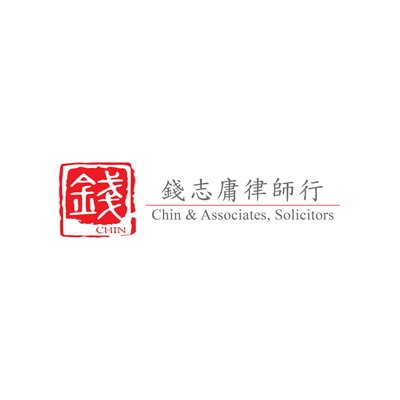Best Foreclosure Lawyers in Central
Share your needs with us, get contacted by law firms.
Free. Takes 2 min.
Free Guide to Hiring a Real Estate Lawyer
List of the best lawyers in Central, Hong Kong
About Foreclosure Law in Central, Hong Kong
In Hong Kong, foreclosure is a legal process where a financial institution or lender attempts to recover the balance of a loan from a borrower who has defaulted on their loan payments by forcing the sale of the asset (usually a real estate property) used as the collateral for the loan. The foreclosure law is complex and often varies depending on each individual case. It requires a thorough understanding of the Hong Kong Conveyancing and Property Ordinance (Cap. 219), the High Court Ordinance (Cap. 4), and the specific loan agreement.
Why You May Need a Lawyer
Foreclosure procedures in Central, Hong Kong can be complex and involve significant legal and financial consequences. It's best to have an experienced lawyer if you're facing foreclosure. They can guide you through the intricate legal processes, protect your rights, challenge the lender's claims, and possibly negotiate a settlement that can avoid foreclosure. A lawyer may also assist in exploring alternative options like loan modification, refinancing, or selling the property to pay off the debt.
Local Laws Overview
The local laws regarding foreclosure in Central, Hong Kong are mainly governed by the Conveyancing and Property Ordinance (Cap. 219). The ordinance stipulates that a lender must send a legal notice to the debtor before initiating foreclosure proceedings. If the debtor fails to settle the debt within the given period, the lender may apply to the court for an order of sale of the property. Court decisions are made on a discretionary basis after considering the interests of all parties involved. One cannot sell, rent, or alter the property during foreclosure without the court's or creditor's consent.
Frequently Asked Questions
What happens to the property after foreclosure?
After the judicial decision, the property is sold, and the proceeds are used to pay off the debt. Any surplus is returned to the borrower, while a deficit may still be owed to the lender.
Can foreclosure be stopped?
Yes, foreclosure can be stopped if the borrower pays off the outstanding debt, sells the property to settle the debt, or negotiates other arrangements like refinancing or loan modification with the lender.
What are the rights of tenants during foreclosure?
Tenants are protected under the Landlord and Tenant Consolidation Ordinance and cannot be evicted during the foreclosure process. Any new property owner must respect existing rental agreements.
What is the duration of a foreclosure process?
The duration may vary, depending on the court proceeding, but it usually takes several months to a year.
Can creditors claim other assets apart from the property under foreclosure?
If a loss still remains after the property sale, the creditor can obtain a deficiency judgment to claim other assets or income from the borrower.
Additional Resources
The ‘Bilingual Laws Information System’ of the Department of Justice provides detailed information on all related ordinances. The ‘Hong Kong Judiciary’ website offers resources related to court procedures involved in foreclosure. The 'Consumer Council' provides guidance and information to consumers in financial distress.
Next Steps
If you need legal assistance with foreclosure, it's recommended to hire a lawyer experienced in foreclosure. They can review your situation, explain your legal rights and options, negotiate with the lender, and represent you in court if necessary. Acting as swiftly as possible can increase your chances of avoiding foreclosure.
Lawzana helps you find the best lawyers and law firms in Central through a curated and pre-screened list of qualified legal professionals. Our platform offers rankings and detailed profiles of attorneys and law firms, allowing you to compare based on practice areas, including Foreclosure, experience, and client feedback.
Each profile includes a description of the firm's areas of practice, client reviews, team members and partners, year of establishment, spoken languages, office locations, contact information, social media presence, and any published articles or resources. Most firms on our platform speak English and are experienced in both local and international legal matters.
Get a quote from top-rated law firms in Central, Hong Kong — quickly, securely, and without unnecessary hassle.
Disclaimer:
The information provided on this page is for general informational purposes only and does not constitute legal advice. While we strive to ensure the accuracy and relevance of the content, legal information may change over time, and interpretations of the law can vary. You should always consult with a qualified legal professional for advice specific to your situation.
We disclaim all liability for actions taken or not taken based on the content of this page. If you believe any information is incorrect or outdated, please contact us, and we will review and update it where appropriate.



